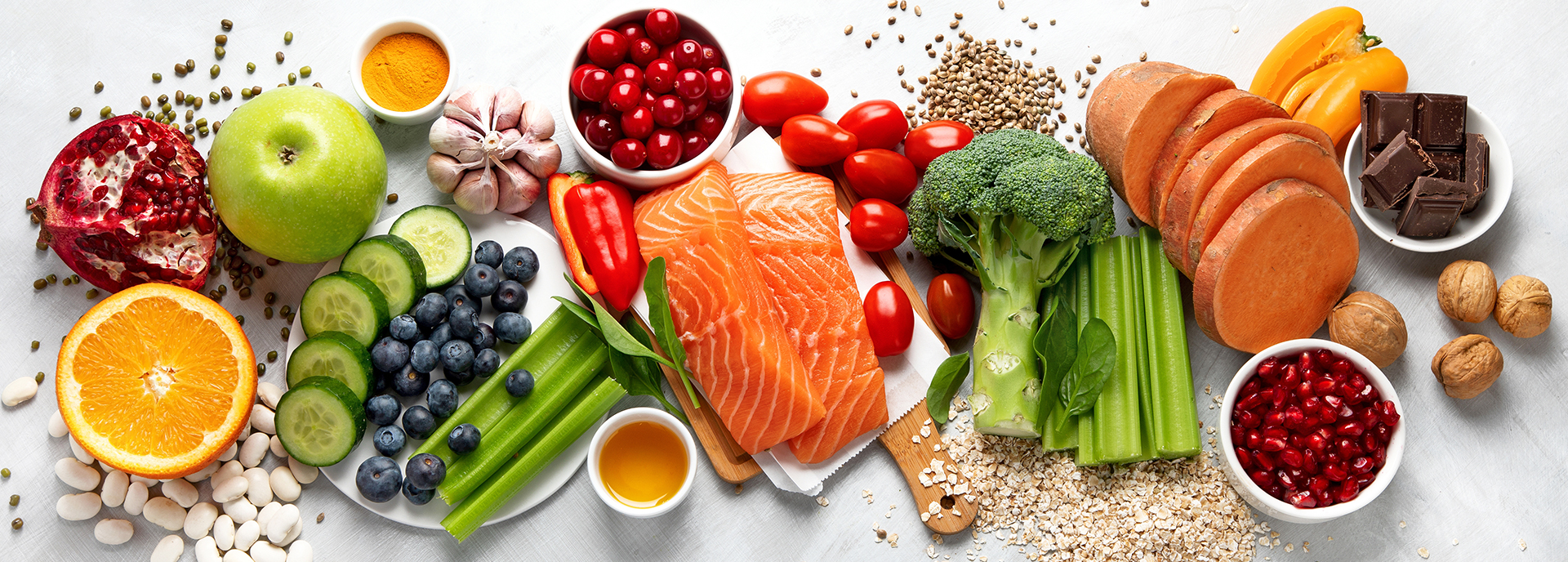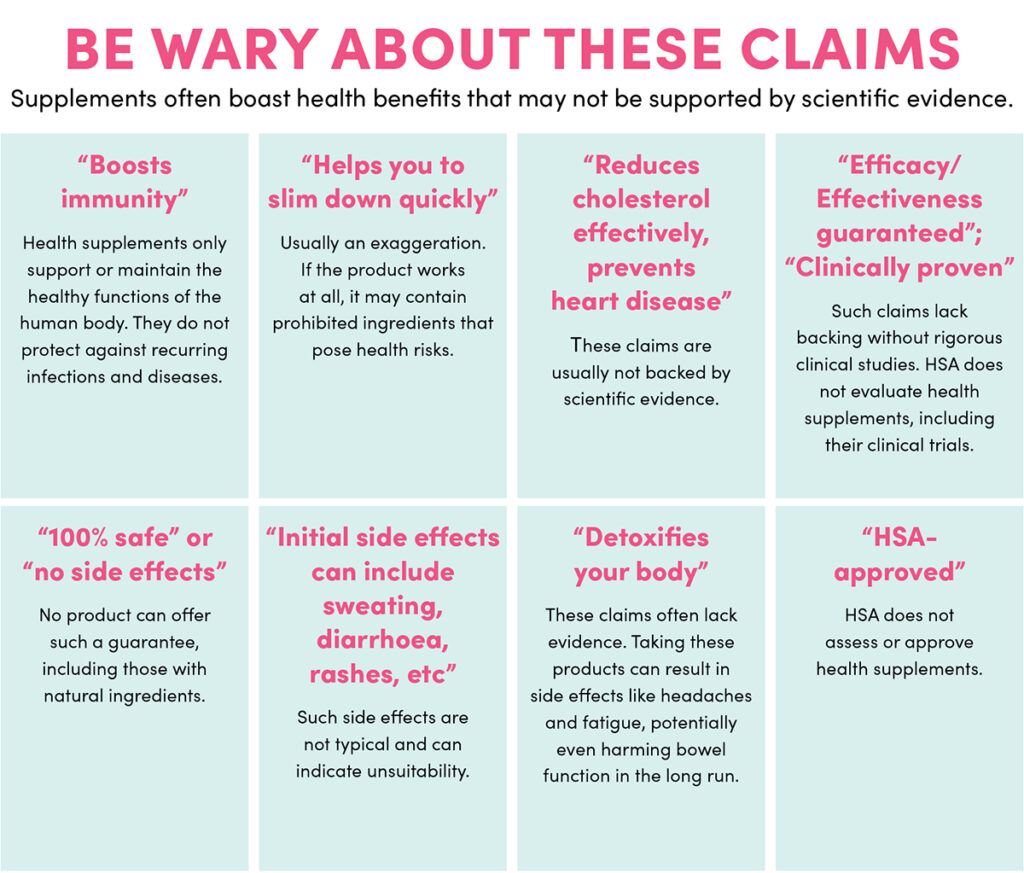
TAKEAWAYS
Take your mind back to 2015, a time when food delivery was a luxury and dietary knowledge was limited. The emphasis was on avoiding fat, not sugar, and our understanding of diets was confined mostly to vegetarian or vegan options. Fast forward to today in a post-COVID-19 world, where work from home has become commonplace. Our awareness of the climate crisis and health has deepened, influencing every aspect of our lives, including our dietary choices.
Despite these changes, the significance of good nutrition remains a constant. It is the bedrock of health and well-being, and is crucial for growth, development and bodily functions. Our diet supplies essential nutrients needed for optimal functioning, influencing everything from physical health to mental clarity. Key nutrients, including protein, vitamins and minerals, are vital for building and maintaining strong bones and muscles. Carbohydrates, which are found in whole grains, fruits and vegetables, serve as our primary energy source, fuelling everything from daily activities to cognitive functions.
In re-evaluating our approach to nutrition, returning to the basics is invaluable. A balanced diet, incorporating a variety of food groups – fruits, vegetables, whole grains, lean proteins and healthy fats – is essential. Each group contributes unique, necessary nutrients. Embracing a wide range of foods ensures a comprehensive intake of vitamins and minerals, warding off deficiencies. Hydration, often overlooked, is a critical component of overall well-being. Water supports numerous bodily functions, and staying adequately hydrated is key to maintaining health.
The most challenging aspect of nutrition is probably portion control. It is important to pay attention to portion sizes to avoid overeating. Even healthy foods can contribute to weight gain if consumed in excess. Understanding portion sizes can help you manage your calorie intake. These are the basics of nutrition that continue till today. Regardless of what kind of diet you adopt, you will be in good stead if you follow these four guiding principles of smart ordering.

As food trends evolve, so do our bodies, especially as we age. Our nutritional needs change, necessitating a re-evaluation of our diets. Managing calorie intake becomes crucial as metabolism slows down, with a focus on nutrient-dense foods to avoid excessive calories while fulfilling nutritional needs. Key nutrients like fibre, omega-3 fatty acids and antioxidants gain importance to support heart health and combat chronic diseases. Whole grains, fatty fish like salmon and tuna, and berries are great sources for these nutrients.
Age-related changes, such as reduced muscle mass and bone density, call for adequate protein intake and weight-bearing exercises. Lean proteins like chicken and white fish are recommended choices. As nutrient absorption declines with age, it may lead to deficiencies in essential nutrients like vitamin B12, vitamin D and calcium, which can be supplemented if necessary.
Supplements, including vitamins, minerals and herbal remedies, are widely available. But before you make a beeline for the supplements aisle of your local pharmacy, take note of misleading claims that the Health Promotion Board has warned against (more on this later in the article). Misleading claims and potential risks warrant careful consideration.
A notable case from 2014 involved the Health Sciences Authority (HSA)’s detection of five potent medicinal ingredients, including a steroid, in a herbal supplement for joint care that was sold locally. It illustrates the hidden dangers of unsupervised use, which can lead to serious health issues, and the need for informed decisions regarding supplement intake.

Our growing exposure to diverse cultures has expanded our culinary horizons, bringing global health benefits to our dining tables. Incorporating international foods can enhance both the variety and nutritional value of our meals. Here are some examples:
• Korean kimchi adds probiotics and spicy flavours.
• Greek yoghurt is a healthier alternative in dips and dressings.
• Try Vietnamese culinary traditions such as using herbs, lime and fish sauce for depth and brightness.
• Be inspired by the Mediterranean diet’s use of olive oil, lemon juice and herbs for heart-health and immunity-boosting benefits.
• Add French herbs like tarragon, rosemary and thyme into your cooking for elegance and flavour.
Embracing these global culinary influences enriches our diet and contributes to our overall health and well-being. Ultimately, good nutrition is fundamental to a vibrant, healthy life. By prioritising a balanced diet rich in varied, nutrient-rich foods, we empower ourselves to thrive physically and mentally, adapting to the evolving nutritional landscape.

DIET DIARY
Every story always has two sides. This applies even to some diets that carry both benefits and risks:
Keto diet: Aims for weight loss via high-fat, low-carb intake, but may lead to nutrient deficiencies and long-term health risks.
Paleo diet: Advocates for whole foods and may improve digestion, but its restrictive nature could cause nutrient imbalances.
Okinawa diet: Promotes longevity with nutrient-rich foods, but has been criticised for potential sodium-related health risks.